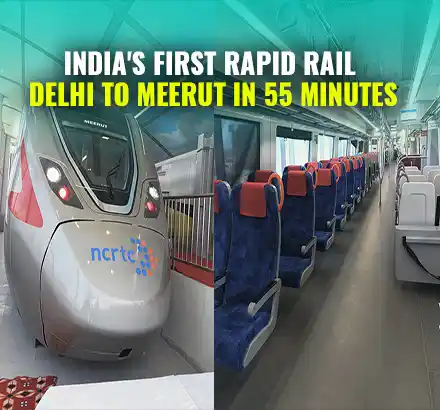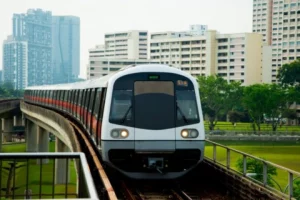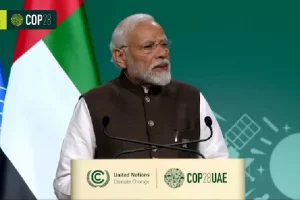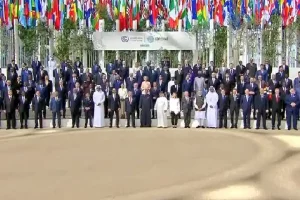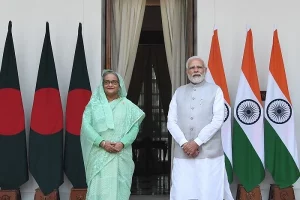India’s first stretch of the Regional Rapid Transit System (RRTS) Corridor is ready to be opened with the inauguration of the 17 km Delhi-Ghaziabad-Meerut Regional RRTS. On Friday, Prime Minister Narendra Modi will inaugurate the priority section from the Sahibabad RapidX Station. He will also flag off the RapidX train connecting Sahibabad to Duhai Depot, marking the launch of RRTS in India.
The foundation stone for Delhi-Ghaziabad-Meerut corridor was laid by the Prime Minister in March, 2019.
The state of the art RRTS project is in line with the government’s vision to transform regional connectivity in the country. The RRTS is a new rail-based, semi-high-speed, high-frequency commuter transit system. With a design speed of 180 Kmph, RRTS is a transformational, regional development initiative, which is designed to provide high-speed trains for intercity commuting every 15 minutes, which can go up to a frequency of every 5 minutes as per requirement.
A total of eight RRTS corridors have been identified to be to be developed in NCR, out of which three corridors have been prioritised to be implemented in Phase-I including Delhi – Ghaziabad – Meerut Corridor; Delhi – Gurugram – SNB – Alwar Corridor; and Delhi – Panipat Corridor. The Delhi-Ghaziabad-Meerut RRTS being developed at a cost of more than Rs 30,000 crore, and will connect Delhi to Meerut in less than an hour of travel time going through the urban centres of Ghaziabad, Muradnagar, and Modinagar.
The new transport system will provide safe, reliable and modern intercity commuting solutions in the country. In line with PM GatiShakti National Master Plan, the RRTS network will have extensive multi-modal-integration with railway stations, metro stations, bus services among others. Such transformative regional mobility solutions will boost economic activity in the region, provide improved access to employment, education and healthcare opportunities. It is also expected to significantly reduce vehicular congestion and air pollution.
Also read: PM Gati Shakti green lights 6 infra projects, connecting industrial hubs with ports






